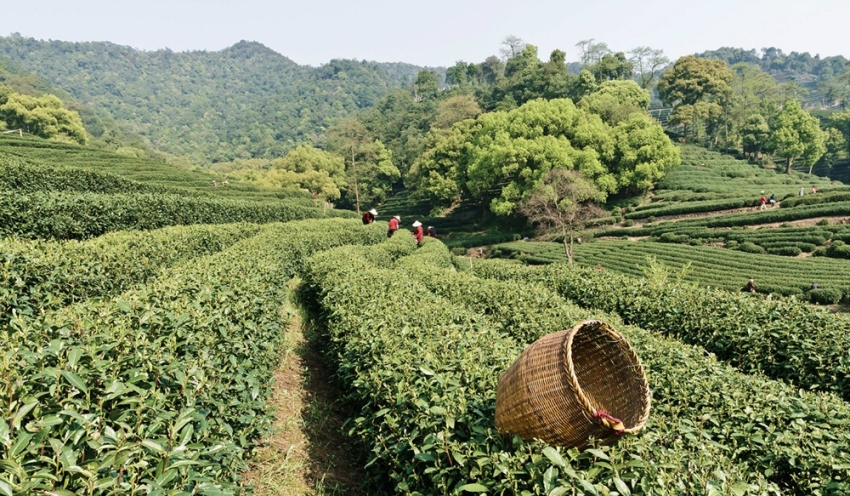Prospere says climatic conditions in the region have made the cultivation of crops difficult in recent times. The Ministers of Agriculture present at the summit proposed joint solutions to help mitigate the factors limiting food cultivation.
“We are realising that there are a number of factors that are creating challenges, in terms of weather [and climate]. You’d understand the impact climate change is having on the agricultural sector and that is causing havoc,” Prospere explained. This year, the region experienced record-breaking temperatures, with some islands recording a daily average of 32 degrees Celsius. Prospere says this heat has already started affecting crop cultivation in the region.
“Now we are seeing excessive heat in the Caribbean region. In Belize, they’ve seen a reduction in the yield of corn by 15% as a result of the excessive heat,” he explained. The World Bank also noted a decrease in wheat, maize and grain yields globally. According to Prospere, the Belizean government has attributed this decrease to the high temperatures the region currently experiences.
He continued by saying, “We need to be concerned about it because it will reduce the yield of milk in cattle. Cattle need shade and a certain amount of grass. This means that farms will now have to start investing in irrigation.”
The Agriculture Minister observes that some diseases affecting crops are thriving in the high temperatures. He made mention of the African swine flu, which has taken root in Hispaniola (Haiti and the Dominican Republic). He says adaptive and modern training are needed for staff within the Ministry of Agriculture for them to be able to identify and mitigate these occurrences here in Saint Lucia. “This African swine flu has no cure and we are hoping that we will increase our surveillance. We’ll get more training of our staff to ensure our biosecurity, and security at our ports and we’ll do our best to ensure this latest disease doesn’t get into the Caribbean. If that happens, it’s going to affect our food security, impact our food import bill,” Prospere explained.
Prospere says he will meet with farmers soon to discuss the challenges of the island’s food sector.


